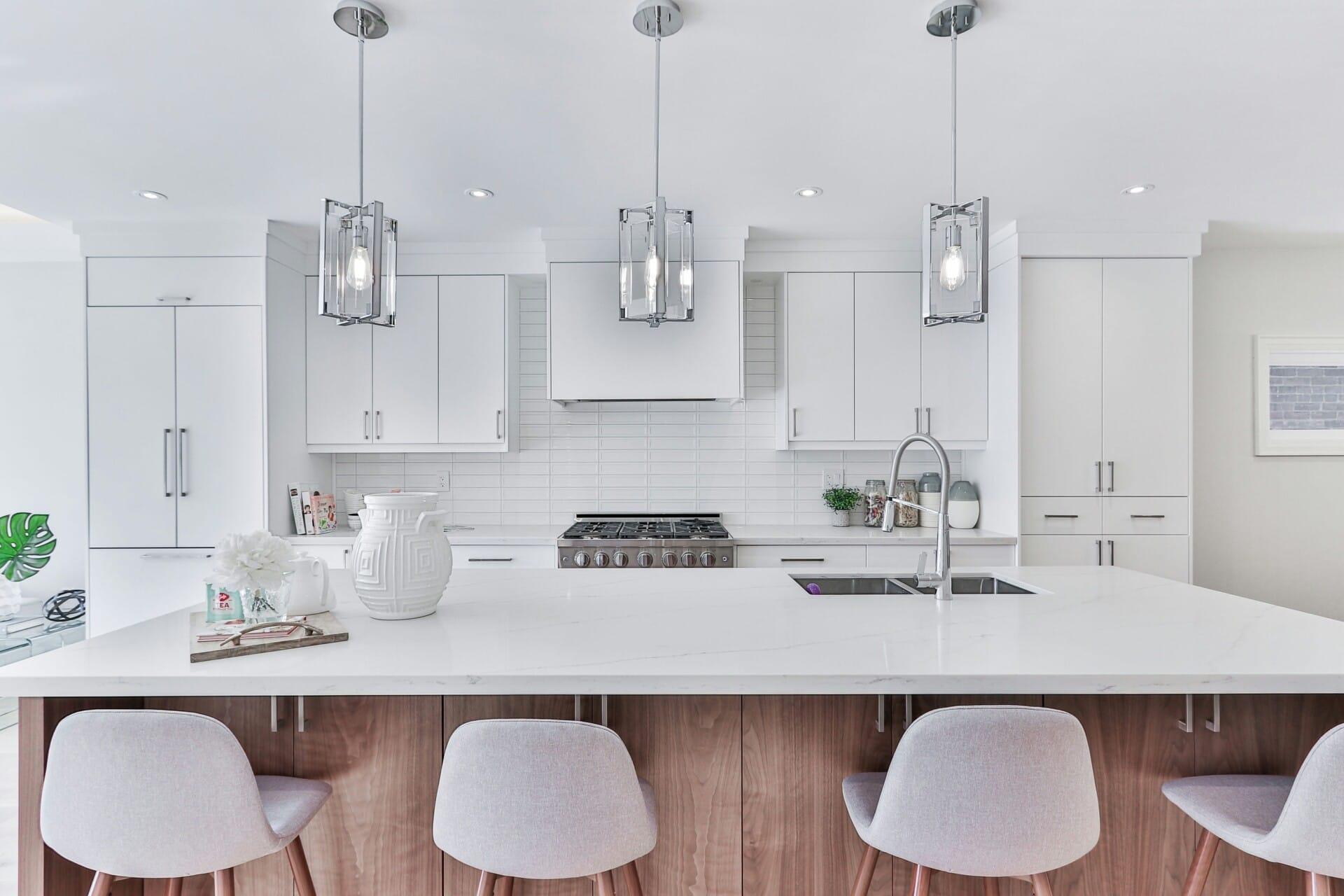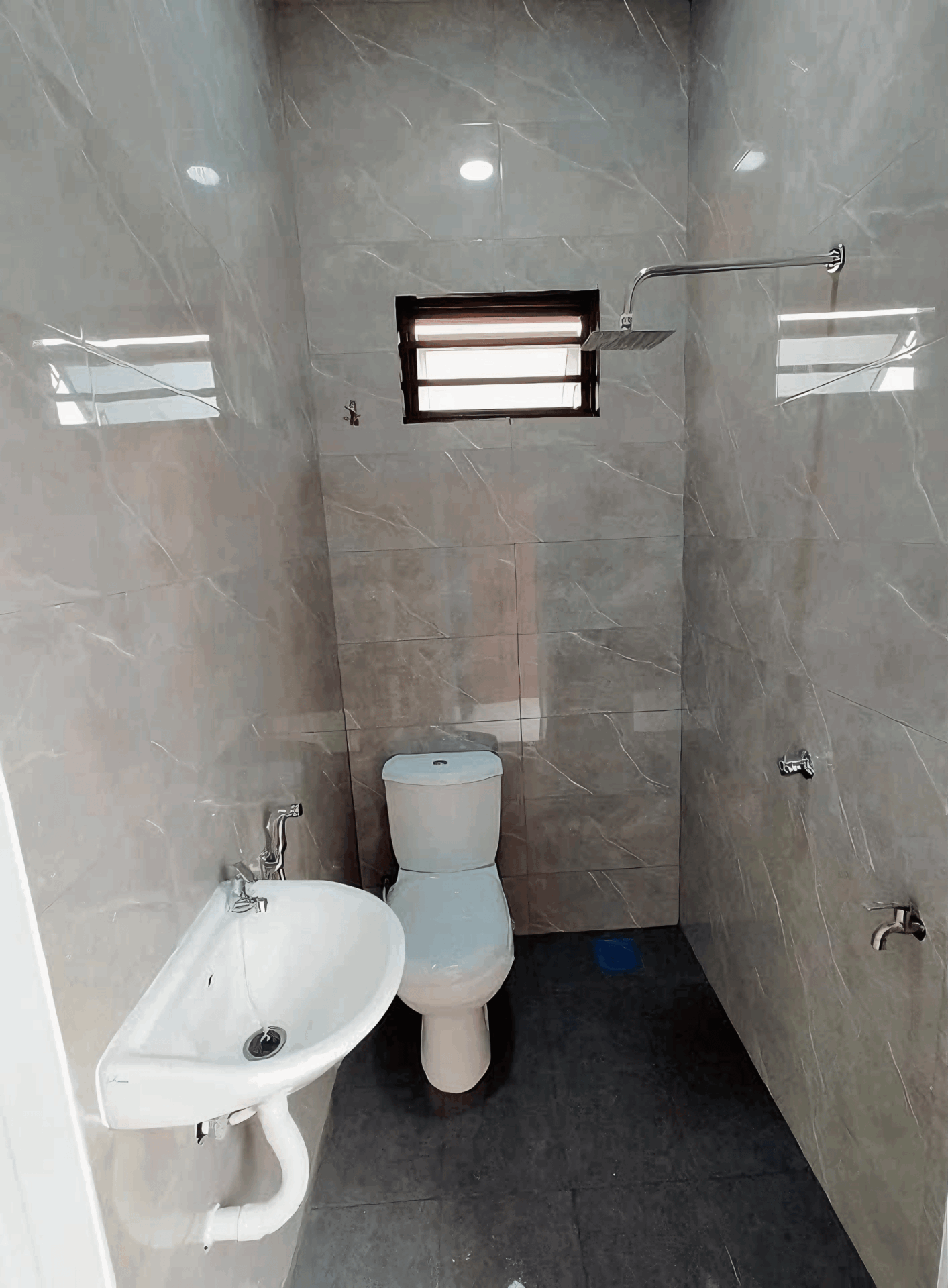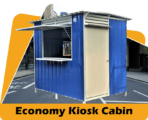7 Insider Tips for Getting the Most Out of Construction Consultation in Malaysia | RumahHQ

Thinking of diving into a construction project in Malaysia? Whether you’re brainstorming your dream home, plotting an expansion for your business, or looking to renovate that classic bungalow, getting the right construction consultation can make all the difference. But let’s be real—navigating the ins and outs of this process can feel a bit overwhelming. That’s where we come in! In this article, we’re sharing seven insider tips to help you maximize your consultations. From understanding local regulations to choosing the right experts, these tips will equip you with the knowledge you need to turn your vision into reality. So grab a cup of kopi, sit back, and let’s get started on your construction journey!
Understanding the Role of a Construction Consultant in Malaysia
The construction landscape in Malaysia is multifaceted, and a construction consultant plays a pivotal role in navigating its complexities. These experts bring a wealth of knowledge, helping clients make informed decisions throughout the project lifecycle. They bridge the gap between the technicalities of construction and the regulatory framework, ensuring that every aspect adheres to local laws and industry standards. By engaging a construction consultant, you can leverage their insights to avoid common pitfalls, streamline processes, and maintain focus on your project goals.
One of the key responsibilities of a construction consultant is to provide expert advice tailored to the client’s specific needs. This encompasses a broad spectrum of services, including:
- Project Assessment and Feasibility Studies
- Cost Estimation and Budgeting
- Risk Management Strategies
- Design Review and Quality Control
- Regulatory Compliance and Permitting
By understanding these roles, clients can better utilize their consultants’ expertise, ensuring a smoother journey from conception to completion. This collaboration can significantly enhance project efficiency and outcome.
Furthermore, establishing a good rapport with your construction consultant can lead to greater project success. Open communication fosters trust and understanding, allowing the consultant to align their strategies with your vision. It’s essential to:
- Share your objectives and expectations clearly
- Provide timely feedback on proposals and plans
- Be receptive to their professional recommendations
By nurturing this partnership, you not only enhance the working relationship but also increase the likelihood of achieving a project that meets your standards and vision.

Identifying the Right Consultant for Your Project Needs
Finding the right consultant for your construction project can feel a bit like searching for a needle in a haystack. It’s more than just picking someone who has a good reputation; you need someone who understands not just the technicalities of construction but also your unique needs. Start by defining your project requirements. What are your goals? Is it a residential, commercial, or mixed-use project? Knowing this will help you narrow down your options and find a consultant who specializes in that area.
Once you have a clear idea of what you need, it’s time to research potential candidates. Look for consultants with a robust portfolio and proven experience in similar projects. Don’t hesitate to ask for references or past work samples. An ideal candidate should not only offer technical skills but also possess excellent communication abilities. You want someone who can explain the process in layman’s terms, making it easier for you to understand complex concepts. Also, consider their location; hiring locally may save you time and costs, as they’ll be more familiar with Malaysian regulations and market trends.
| Key Traits | Why It Matters |
|---|---|
| Experience | Provides insights and knowledge to navigate challenges. |
| Communication Skills | Ensures transparency and understanding throughout the project. |
| Local Knowledge | Helps in meeting regional regulations and avoiding pitfalls. |

Effective Communication Strategies for a Successful Consultation
Effective communication is the backbone of any successful consultation, especially in the dynamic construction landscape in Malaysia. It’s essential to establish a collaborative atmosphere from the get-go. Make your goals clear and encourage open dialogue. Be receptive to feedback from all parties—this not only builds trust but also leads to better outcomes. When everyone feels heard, the project dynamics improve significantly.
Another key strategy is to utilize visual aids during your discussions. Talking through architectural plans, 3D models, or even mood boards can greatly enhance understanding. Not everyone speaks the same language when it comes to construction terms, so visual representation can bridge that gap. Consider using tools like digital presentations or simple sketches to make your ideas come to life. This can alleviate misunderstandings and keep everyone aligned on the project vision.
Lastly, the follow-up is just as important as what happens during the consultation itself. After the meeting, send out a summary of key points and action items. This keeps everyone on the same page and holds all parties accountable. Creating a timeline for next steps in a simple table can be a useful tool to keep track of responsibilities and deadlines. Here’s a quick example:
| Task | Responsible Party | Deadline |
|---|---|---|
| Submit revised plan | Architect | 2 weeks |
| Budget review | Finance Officer | 3 weeks |
| Site inspection | Project Manager | 1 month |

Maximizing Value through Detailed Project Planning and Budgeting
Getting your project off the ground in construction is no walk in the park, especially in a vibrant market like Malaysia. To avoid pitfalls and ensure you’re on the right track, detailed project planning and budgeting are essential. Start by laying down the groundwork with clear goals and timelines. This not only gives you a vision to follow but also helps your consultation team to align their strategies effectively. Regularly revisit and adjust these plans as needed, making it a living document that evolves with your project.
When budgeting, it’s crucial to factor everything from materials to labor, and even unexpected costs that may arise. Consider creating a contingency fund of around 10-15% of your total budget. This safety net provides peace of mind and prepares you for any surprises. Additionally, keep an eye on seasonal price fluctuations in materials and labor. By locking in prices when demand is lower, you can significantly reduce overall costs. Don’t forget to utilize software tools for tracking expenses, ensuring every ringgit is accounted for.
Engaging in an open dialogue with your construction consultant can make all the difference. Establish regular check-ins to not only go through the budget but also to assess project milestones. This type of communication helps in spotting issues before they escalate. You might even consider utilizing a simple table to visualize budget versus actual spending. Here’s a quick layout to illustrate budgeting effectively:
| Budget Item | Projected Cost (RM) | Actual Cost (RM) |
|---|---|---|
| Materials | 150,000 | 140,000 |
| Labor | 100,000 | 90,000 |
| Permits & Fees | 20,000 | 25,000 |
| Contingency | 15,000 | 10,000 |
By regularly reviewing your financials and planning meticulously, you’ll maximize the value derived from your construction consultation in Malaysia. It’s all about being proactive rather than reactive, setting a strong foundation for successful project completion.

Navigating Local Regulations and Compliance in Construction
When diving into the construction scene in Malaysia, understanding local regulations can feel like navigating a maze. It’s crucial to grasp the significance of compliance from the get-go. Not only does it keep your project legally sound, but it also saves you from potential headaches down the road. Familiarize yourself with the relevant legislation, including the Town and Country Planning Act and the Building Act, to avoid any nasty surprises. Moreover, engaging with local authorities early on can go a long way in clearing up any grey areas and making sure you’re on the right side of the law.
One effective strategy is to leverage the expertise of your construction consultant. They can provide vital insights into navigating the regulatory landscape. Consider establishing strong communication channels to address questions about permits, zoning laws, and environmental assessments. A pro tip: obtaining detailed feedback from your consultant after meetings can help you fine-tune your understanding and ensure you’re compliant with regulations before the groundwork begins.
To further streamline your compliance process, stay organized with a checklist that outlines all necessary documentation and approvals. Here’s a handy overview to consider:
| Requirement | Description |
|---|---|
| Building Plan Approval | Required before any construction starts. Must align with local zoning laws. |
| Environmental Impact Assessment | Evaluates potential environmental effects of your project. |
| Occupational Safety and Health Compliance | Ensures workplace safety protocols are adhered to during construction. |
| Work Permits | Necessary for foreign workers involved in the project. |
By proactively addressing these elements, you’ll not only boost productivity but also foster goodwill with local authorities and the community alike. Remember, smooth sailing in construction often starts with a strong compliance foundation!

Leveraging Technology for Enhanced Collaboration and Efficiency
In the fast-paced world of construction consultancy, leveraging technology can be a game changer. By utilizing cloud-based project management tools, teams can collaborate seamlessly, ensuring that everyone is on the same page, regardless of their physical location. This means that architects, engineers, and contractors can share updates in real-time, make quick decisions, and keep projects on track with minimal delays.
Additionally, the adoption of BIM (Building Information Modeling) can significantly enhance both communication and efficiency. BIM allows for the creation of 3D models that not only visualize the project but also integrate data throughout its lifecycle. This technology helps in identifying potential clashes early in the planning stages, ultimately leading to cost savings and a more streamlined construction process. Client presentations become more engaging and informative, making it easier for stakeholders to grasp the vision and make informed decisions.
don’t overlook the power of mobile applications for on-site management. Tools designed for mobile devices enable instant communication and task management directly from the construction site. By implementing checklist applications and digital reporting tools, project managers can monitor progress on the go, address issues promptly, and ensure adherence to timelines. The immediacy of these tools fosters a culture of proactive problem-solving, which is essential in the construction industry.

Building Strong Relationships with Your Consultant for Long-Term Success
Building a solid foundation with your consultant is like laying the groundwork for a magnificent skyscraper—without it, everything above can come crumbling down. Start by fostering an atmosphere of open communication. Be transparent about your expectations, limitations, and vision. Schedule regular check-ins to discuss progress and any roadblocks you might encounter. This ongoing dialogue ensures that both parties are aligned and can adapt quickly to any changes or challenges that arise along the way.
Trust is often the bedrock of any successful relationship, so focus on building it with your consultant. Show appreciation for their expertise and experience, and don’t hesitate to express your thoughts and concerns. Respect their recommendations and be willing to collaborate on solutions. Establishing a mutual respect can lead to innovative ideas that might just elevate your project beyond its original scope. Remember, a consultant’s insights emerge from years of practice, so value their input and be open to inputting their suggestions into your plans.
Don’t overlook the power of feedback. Make it a habit to regularly provide constructive input on their work. This could be anything from design aesthetics to timelines. Create a simple feedback loop where you both can learn and evolve together. Consider setting up a feedback table to streamline this process:
| Feedback Category | Comments | Next Steps |
|---|---|---|
| Design Ideas | Like the color scheme but needs more contrast. | Explore alternative colors. |
| Timeline | Current timeline appears too tight. | Adjust deadlines for specific phases. |
| Budget | Need clarification on unexpected expenses. | Review budget allocation. |
Integrating this feedback mechanism can hugely enhance collaboration and keep the project on the right track. Ultimately, investing time and effort into these relationships can yield remarkable returns—not just a successful project, but also a lasting partnership that will serve you well in future endeavors.

Evaluating Outcomes and Learning from the Consultation Experience
After your consultation journey, it’s crucial to take a step back and evaluate what you’ve learned and how it applies to your future projects. Reflecting on the feedback received can help you identify strengths and weaknesses in your approach. Consider asking yourself these questions:
- What strategies worked well during the consultation?
- Were there any misunderstandings or areas for improvement?
- How can I apply this knowledge moving forward?
Additionally, documenting your consultation experience can serve as a valuable reference for your future endeavors. Creating a simple feedback table can help you summarize key insights. Here’s an example of how you might structure it:
| Aspect | Feedback | Action Points |
|---|---|---|
| Communication | Clear and effective | Continue this approach |
| Preparation | Needed more detailed plans | Prepare comprehensive documentation next time |
| Feedback Reception | Welcoming and interactive | Encourage more open discussions |
Integrating this newfound wisdom into your future construction projects not only enhances your expertise but also fosters meaningful relationships with consultants and stakeholders. Building on what you’ve learned can pave the way for more successful collaborations and ensure you’re well-prepared for the challenges ahead. Embrace the insights gained from each consultation, and let that shape how you tackle your next big project.
Closing Remarks
And there you have it—our seven insider tips to help you navigate the world of construction consultation in Malaysia like a pro! Whether you’re planning your dream home or tackling a big commercial project, these insights can make a world of difference. Remember, the key is to communicate openly with your consultants, ask questions, and don’t be shy about sharing your vision.
Construction can sometimes feel overwhelming, but with the right guidance and a sprinkle of patience, you can turn your ideas into reality. So, gather your plans, put those tips into action, and watch as your construction journey unfolds. Wishing you all the best as you build your dreams, brick by brick! Happy constructing! 🏗️✨











